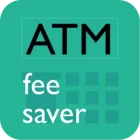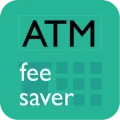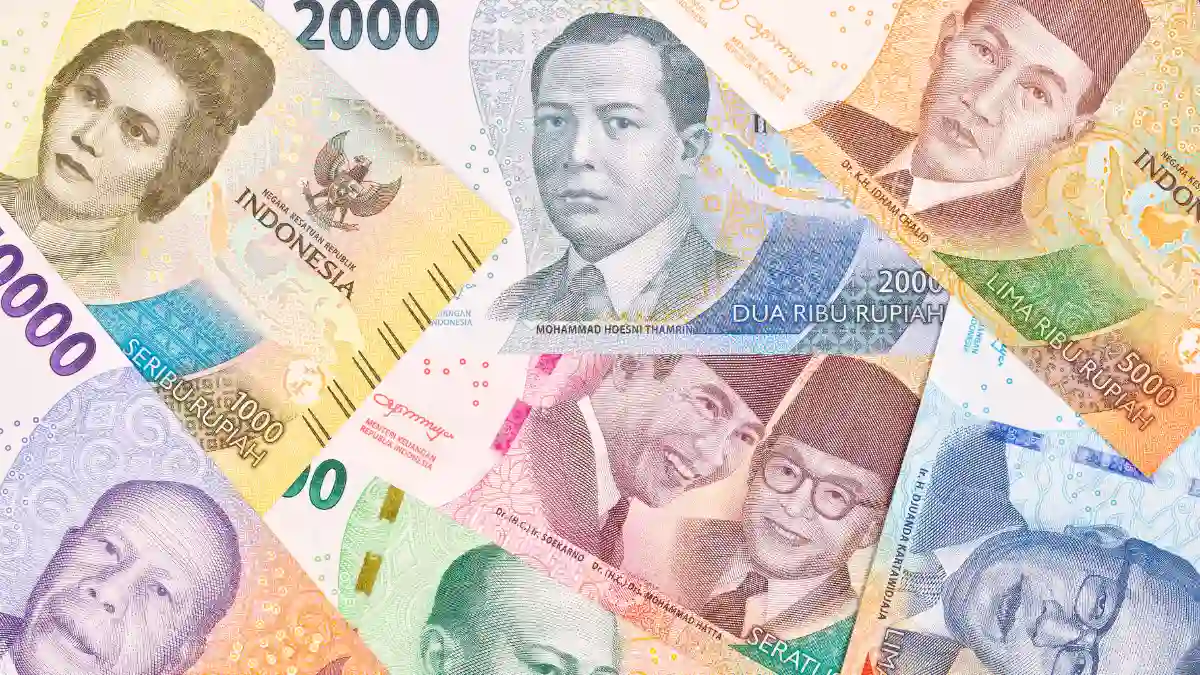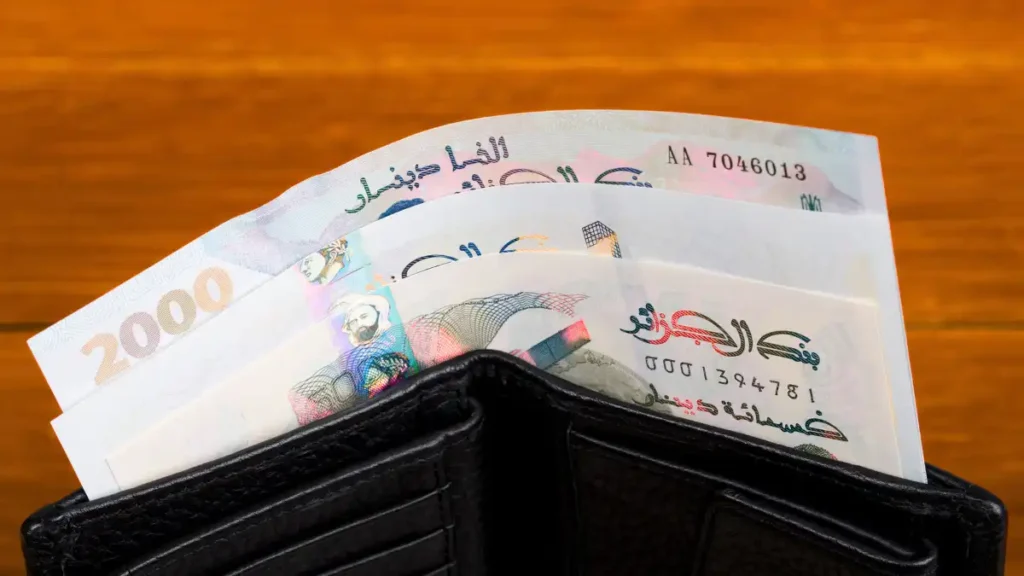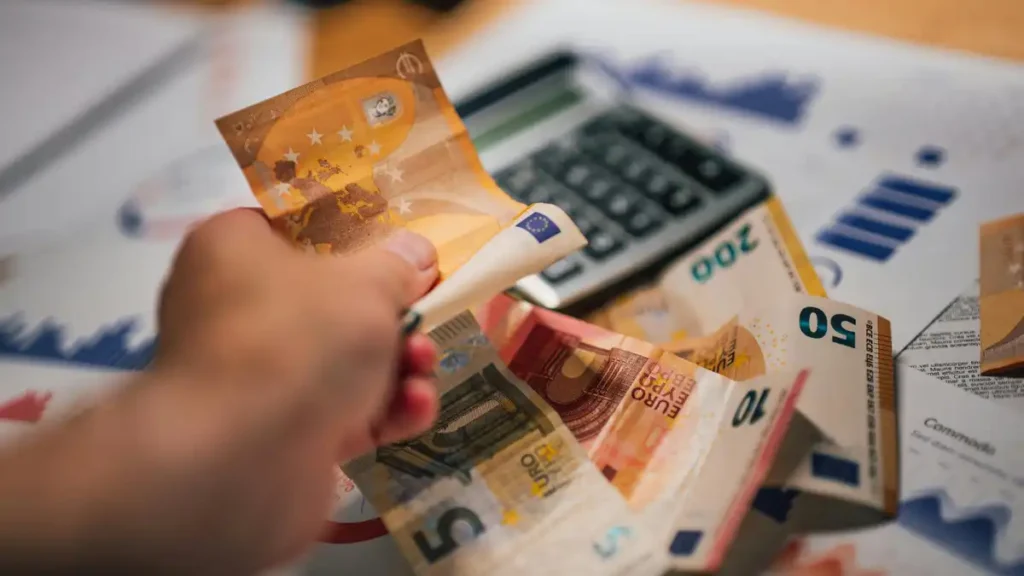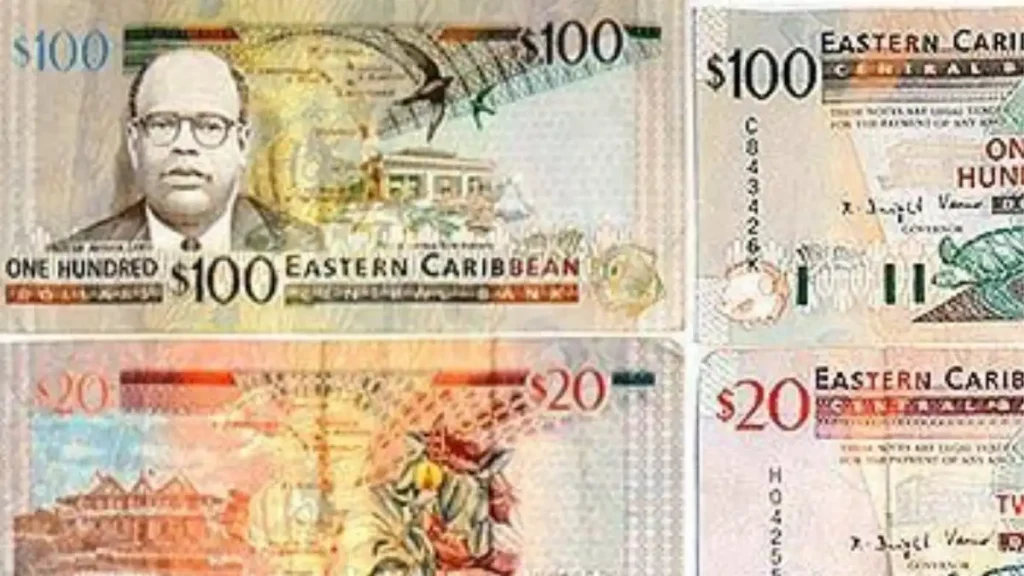Indonesia’s sheer diversity, from Bali’s beaches to Java’s temples and Sumatra’s jungles, offers a world of adventure, but money in Indonesia works a little differently across regions. The Indonesian Rupiah (IDR) is the official currency, and while cards are accepted in high-end hotels and urban malls, cash still dominates local markets, taxis, ferries, and rural towns. Denominations can be confusing due to high numbers, and ATM fees vary widely. This guide explains how to exchange, carry, and spend money in Indonesia with ease – so you can skip the stress and focus on the magic of the archipelago.
How to pay in Indonesia – cash or card?
Even though Indonesia is moving towards a cashless society, at this point, a large part of the transactions are still in cash, especially for tourists. Tourists often use cash with an estimated 70-80% of transactions in cash. Card acceptance is increasing in urban areas.
You can use cash for:
- Budget hotels
- Hostels
- Local / small tour operators
- Tips and gratuities
- Local buses (some still take cash in rural areas)
- Local taxis (especially non-metered or hailed off-street)
- Street food
- Small eateries / restaurants
- Sit-down restaurants (older or local-only venues)
- Small purchases
- Local expenses at grocery stores, local shops, street vendors
- Mobile SIM and phone top-up (prepaid reloads)
- Laundry services
- Tailoring services
- Nightlife / bars (local pubs or rural nightlife)
You can use card for:
- 4 and 5 star hotels
- Large tour operators
- Shopping at malls
- Car rentals
- Online bookings for hotels, flights, and tours
- Some entry fees for major tourist attractions and theme parks in major tourist areas
- Expensive tour operators
- Professional pre-paid taxi booking services (such as in larger cities)
- Shopping in malls and branded stores in major cities
- Tailoring services in major cities
- Spas in major tourist areas
- Fancy sit-down restaurants in major tourist areas
- Upmarket hotels
- Good looking coffee shops in major tourist areas
What’s the best currency to take to Indonesia?
The Indonesian Rupiah (IDR) is the official currency in Indonesia – and trust us, you’ll need plenty of it. Even though upscale resorts may price things in USD, paying in Rupiah will always give you better value.
Cards are accepted in cities and tourist hotspots like Bali or Jakarta, but you’ll need cash for markets, transport, and most local vendors. Foreign currencies aren’t accepted in daily transactions.
Best move: Withdraw IDR from trusted bank ATMs (avoid independent ones with high fees), and carry small denominations for day-to-day spending. Pay in Rupiah, not USD, unless you want to be overcharged.
Where to get the local currency in Indonesia?
In Indonesia, you can get the local currency in 3 ways. These are:
ATMs, or
Currency exchange
Money transfer and local pick-up
Pro-tip: Don’t purchase Ringgit in your home country (unless you are from Southeast Asia). Because while it is somewhat popular in South East Asia, the currency is not widely used globally. It will therefore be difficult to find it at home, and if you do, the exchange rate is likely to be unfavourable.
Types of cards to swipe in Indonesia
Visa and Mastercard transactions are commonly accepted for swiping. You might also find some places that accept Amex and other cards, albeit less frequently.
Types of cards at ATMs in Indonesia
When withdrawing money in Indonesia, majority of the ATMs will accept Visa, Mastercard, Cirrus, Plus and Maestro cards. Some of them accept Unionpay, JCB cards. Cards such as Amex, Diners, Discover, Rupay are not usually accepted by many ATMs.
Should I exchange money before travelling to Indonesia?
It’s a good idea to bring some Indonesian Rupiah (IDR) for immediate needs, but finding Rupiah outside Southeast Asia can be tricky and expensive.
The smarter choice is to withdraw IDR from a local ATM upon arrival. ATMs are available at major airports, cities, and even in popular tourist destinations like Bali and Lombok. Most machines accept Visa and Mastercard; check your bank’s fees and compatibility with Cirrus or Plus networks.
Avoid exchanging money at airport counters or street money changers – rates can be poor, and scams are common. Stick to authorized money changers and banks if you’re exchanging cash.
Cash is king in Indonesia, especially for local transport, markets, and street food. While cards are accepted at high-end hotels and restaurants, many smaller businesses only take cash. Bring both cards and small-denomination Rupiah notes for flexibility.
Where to withdraw money in Indonesia
The best ATMs for foreigners to use in Indonesia are those owned by popular banks such as:
Bank Mandiri,
BCA,
Danamon,
Maybank,
BTN, and
BPTN.
There are other ATMs that also accept international debit and credit cards, albeit with higher fees.
For a detailed guide, read Cash and ATMs in Indonesia.
Discover fee-free and low-fee ATMs on the ATM Fee Saver mobile app for iOS and Android. This app provides ATM PINs and details of leading bank ATMs such as ATM fees and withdrawal limits for foreign cardholders at ATMs in Indonesia. Moreover, its simple fee calculator helps you determine exact withdrawal charges. You can also find cash tips and tricks on the app for 160+ countries including Indonesia.
Download now from the App Store or Play Store.
Where to exchange currency in Indonesia
In Indonesia, you can exchange currency at authorised currency exchanges, banks, airports, and hotels, the most popular being authorised currency exchanges. Indonesia has a large network of licensed but local money changers, especially in major cities and tourist hubs. These often offer better rates than banks and tourist prefer these over big brand exchanges.
Authorised currency exchange centres: Found in tourist areas, Indonesia has regional brands like MPB, BMC, Dua Sisi, and many local shops that are equally reliable.
Banks: You can convert your currency to Rupiah at bank branches, especially for currencies like US dollars, Euros, Pounds, Japanese Yen, Thai Baht, and Singapore dollars. But expect a commission fee of 0.5% to 2% per transaction.
Hotels and airports: Both offer currency exchange services, but rates may not be the best. Some larger hotels may have rates similar to banks.
Gold shops: Unique to Indonesia and some Southeast Asian countries, some gold shops in Indonesia often offer currency exchange services with at-par rates and no fees.
Pro-tips:
Stay away from airport exchanges – Poor rates
Avoid the black market – Be wary of being conned.
Include fresh notes – If your notes are damaged or dirty, you can expect to pay more or less.
Is carrying money in Indonesia safe?
Carrying a sensible amount of cash in Indonesia entirely varies depending on the location. Main streets of Jakarta and Bali are highly prone to pickpocketing and theft. Other cities in Indonesia tend to be safer.
Some safety tips for carrying cash while travelling in Indonesia are:
Carry only the cash you need.
Do not keep all the cash in one pocket or wallet.
Put some cash in a safety belt or fanny pack.
Do not flash your cash.
When paying, do not remove or display your entire cash.
Keep wallets preferably in front pockets.
Cross-wear your purses if possible.
Hold your purses, wallets and bags close and tight on crowded streets and in public trains and buses.
When withdrawing cash, keep the cash low while you count it so people around don’t see it.
If you’re dining alone, don’t leave your wallet / bag unattended while you go to the restroom.
If sitting outdoors in a restaurant, don’t leave your wallets / bags on the table.
Is it better to use debit or credit cards or pay by cash in Indonesia
Use a card if it is fee-free i.e. your bank does not charge any fees to swipe the card, when the merchant / POS also does not impose any extra charge to use a card, you need to use the insurance of the card, don’t want to block cash of large purchases and card’s swipe fees are lower than withdrawal fees.
Pay by cash by withdrawing cash from ATM or exchanging currency where – fees on ATM withdrawals are lesser than fees on swiping cards, you don’t want to leave any digital footprint of your expenses, it is convenient and easier to conduct transactions.
